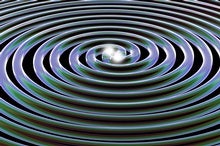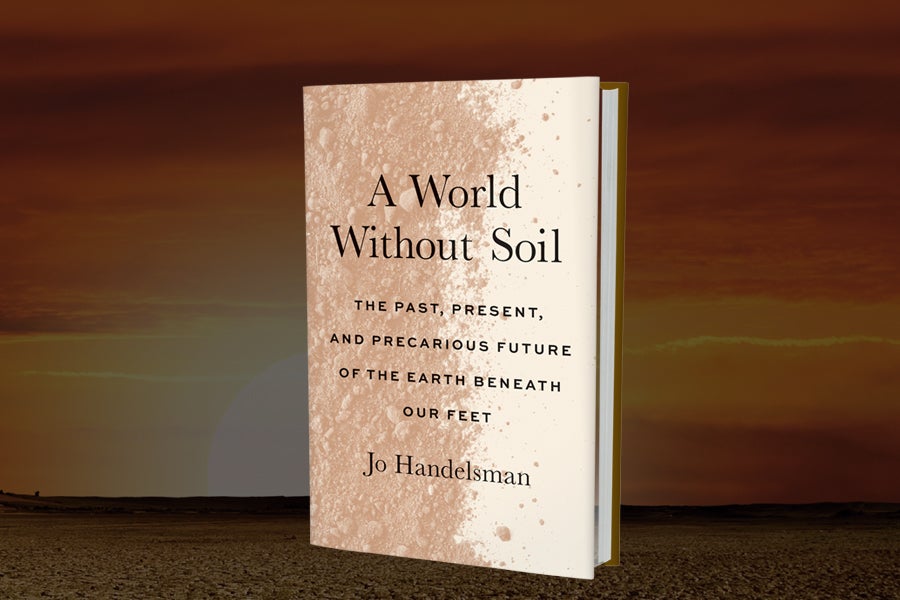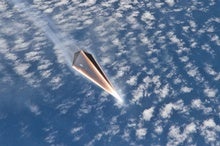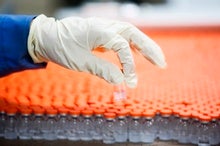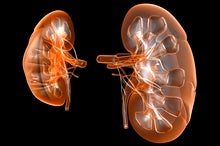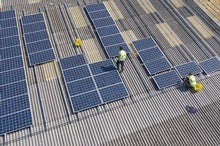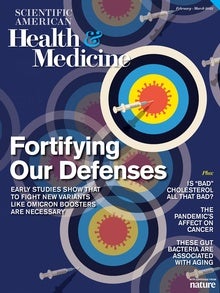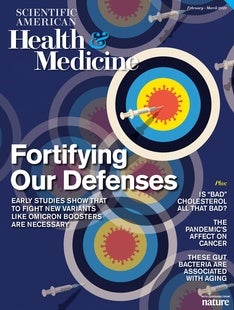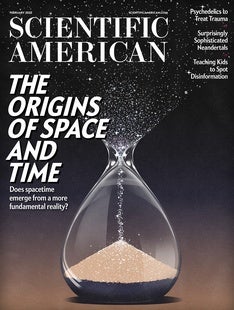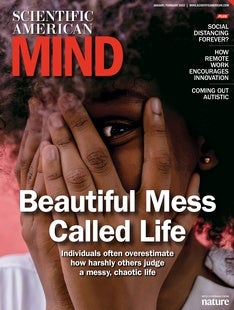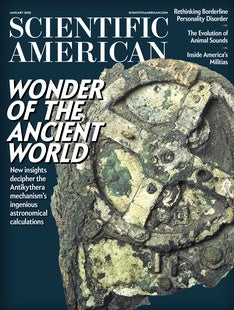 |
| January 21, 2022 |
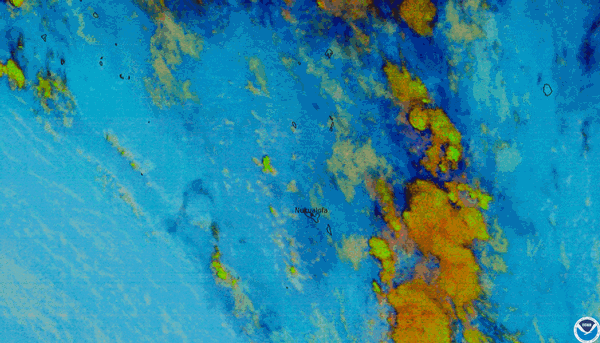 |
| |
| |
| |
| Sponsor Content Provided by Yale University Press HOW SOIL COULD HELP SAVE THE PLANET “Jo Handelsman is a national treasure, and her clarion call warning of a looming soil-loss catastrophe must be heard. Add her clearly written alarm to other future-shocks: climate change, pandemics, and mass extinctions.”—Laurie Garrett, Pulitzer Prize winner and author of The Coming Plague | | | | |
| |
| |
| |
| |
| |
| |
| |
| |
| |
FROM THE STORE
 | | | |
| |
BRING SCIENCE HOME
 | | Phone Book Friction | 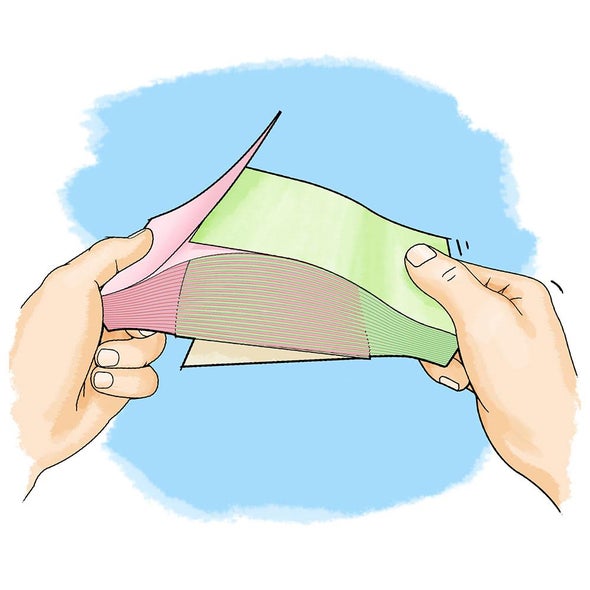 Can you pull apart two small books? The answer might surprise you! Learn how friction can multiply as you stack on the pages. It might just keep you tugging! Credit: George Retseck | Sometimes friction can be annoying. It can make it difficult to push heavy things like furniture and it can even give you a nasty scrape if you fall. But friction is actually very important—without it, you could not move around at all, or even pick things up! Try this project to find out how friction can lead to some surprising effects—such as making it almost impossible to pull two books apart. | |  | |
LATEST ISSUES
 |
| |
| Questions? Comments?  | |
| Download the Scientific American App |
| |
| |



